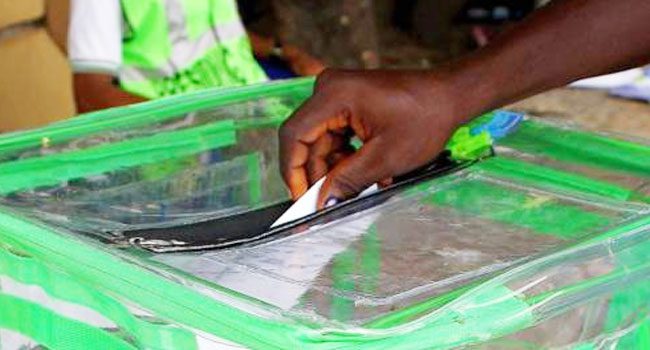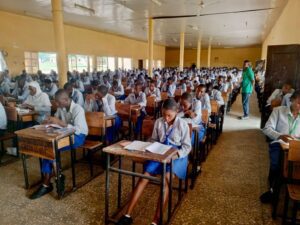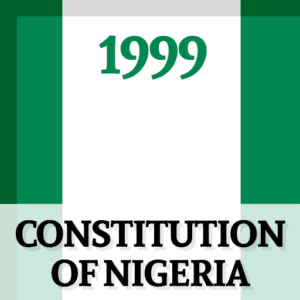
Governance must take priority over 2027 election speculations
The growing wave of political endorsements urging President Bola Tinubu to seek re-election in 2027 is premature and risks diverting attention from the nation’s immediate challenges. With less than two years completed in his first term, such discussions shift focus away from the pressing issues that require urgent attention. Rather than engaging in early political positioning, leaders must prioritise governance and national development.
Within the ruling All Progressives Congress (APC) and beyond, both covert and overt campaigning for 2027 is already underway. However, Nigeria faces complex challenges that demand full commitment from those in power. Discussions about future elections should not overshadow the need for policies that address economic instability, insecurity, and poverty. Citizens are more concerned with solutions to their daily struggles than with political manoeuvring for the next electoral cycle.
Calls for re-election, particularly when progress remains limited in key sectors, risk undermining democratic principles. Leadership should be measured by tangible results, not by political endorsements. Governors who are yet to demonstrate significant achievements in their states are also being encouraged to pursue higher office, often through orchestrated support rather than genuine public approval.
Now more than ever, Nigeria requires leadership that is accountable, responsible, and focused on improving the well-being of its people. Political discourse should centre on progress in education, healthcare, infrastructure, and security. Elected officials must recognise that their tenure is an opportunity to serve, not simply a stepping stone for personal political ambitions.
Before any discussions about re-election, there must be clear benchmarks for assessing performance. The year 2024 has been particularly difficult for many Nigerians, with rising living costs, soaring energy prices, and widespread hardship. While ordinary citizens face these realities, public officials often appear disconnected from their struggles. It is important for political leaders to reflect on whether they have fulfilled their mandate before considering a bid for another term.
Over the past 25 years, Nigeria has earned over a trillion dollars in foreign exchange revenues, largely from oil exports. Yet, public infrastructure remains inadequate, essential services are underfunded, and insecurity persists. The lack of reliable electricity, poor road networks, and insufficient investment in education are ongoing concerns. Meanwhile, farmers face security threats, and young people struggle with limited employment opportunities. These are the pressing issues that should dominate political discussions, rather than early campaigns for 2027.
As the country moves forward, governance must remain the priority. Elected officials have a duty to focus on delivering results, rather than being distracted by future elections. Improving security, creating jobs, reducing poverty, and fostering economic growth should take precedence over political ambitions.
Nigeria cannot afford to continue with politics as usual. Leaders must commit to effective policy implementation and ensure that democratic governance benefits all citizens. Political trust is earned through performance, not rhetoric, and only through meaningful progress will leaders be in a position to seek re-election.
The discourse around 2027 should be set aside for now. Instead, attention must return to governance, ensuring that policies and actions directly improve the lives of Nigerians. The nation’s future depends on the ability of its leaders to prioritise the public good over political considerations.




